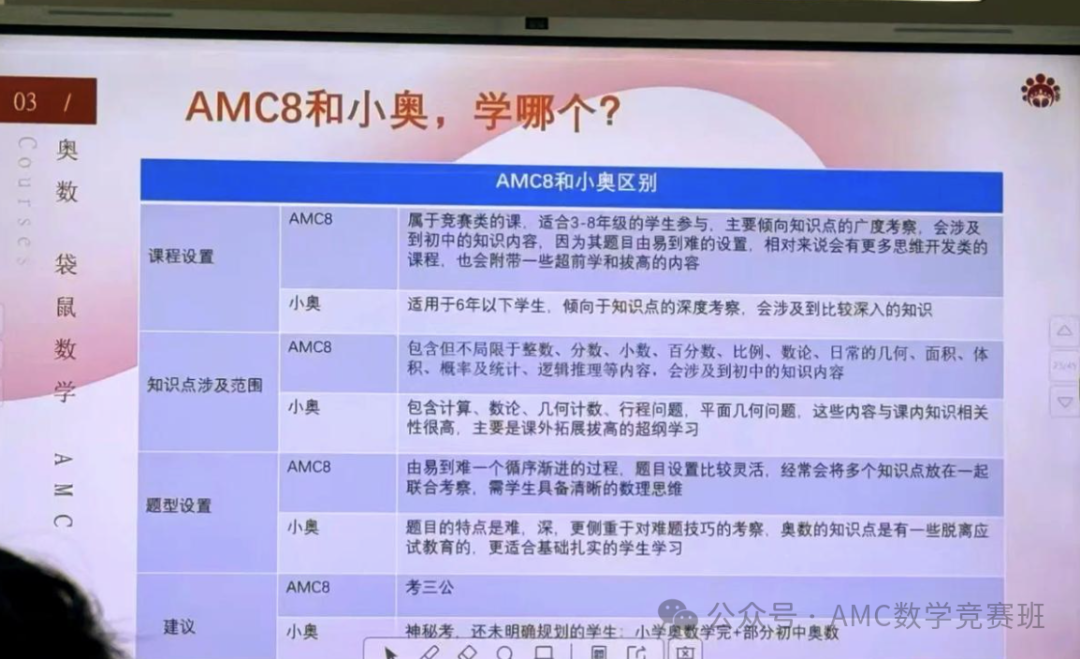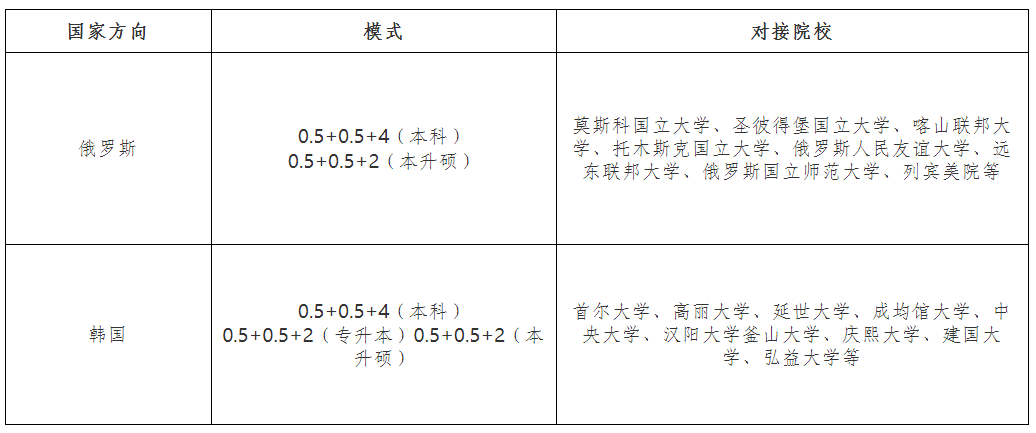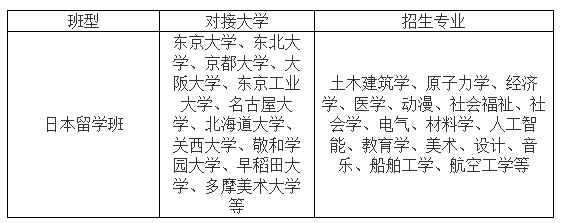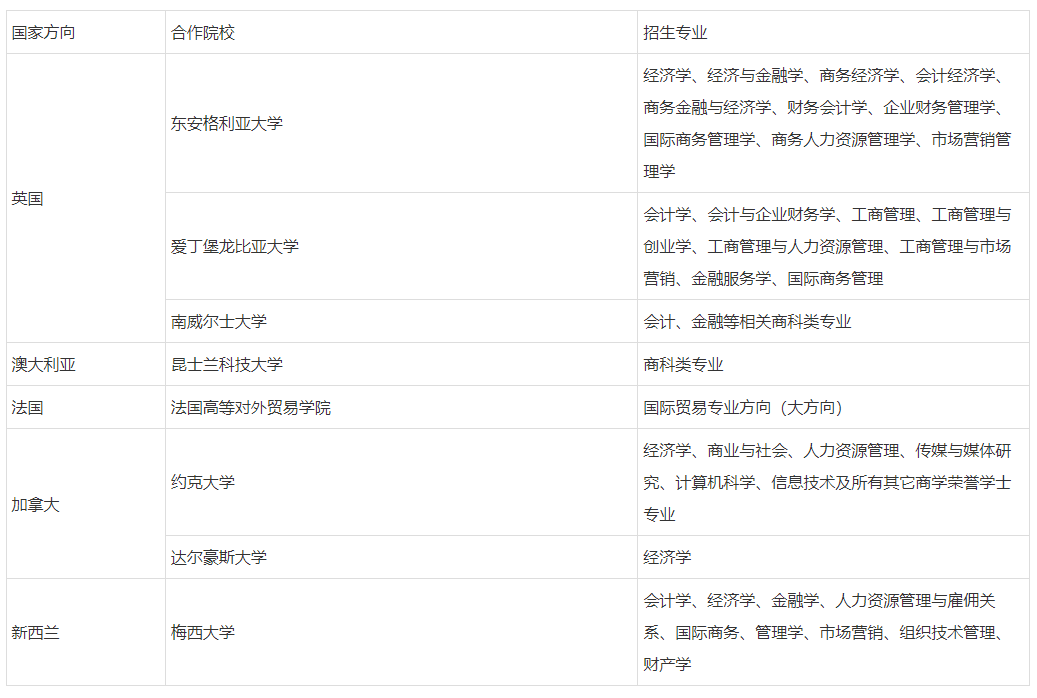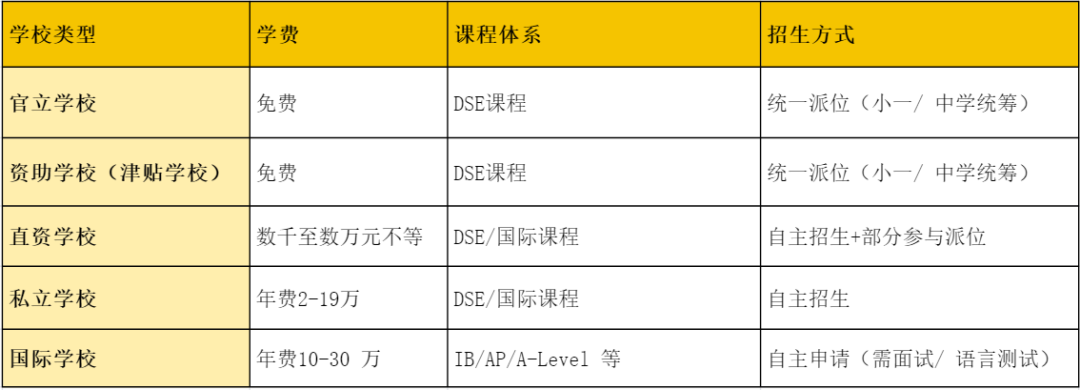4月26号的口语考试没有新题目的出现,考的题目均在1-4月题库以内。以下是高频重点的口语题目分析和词汇补充。

Part1 重点话题
Film
What films do you like?
Did you often watch films when you were a child?
Did you ever go to the cinema alone as a child?
Do you often go to the cinema with your friends?
Do you think going to the cinema is a good way to spend time with friends?
How often do you watch films?
Do you prefer to watch films at home or in the cinema?
分析:
可以使用的观点:学习知识,娱乐心情,社交,金钱(省钱浪费钱)。film的话题和可以reading books结合起来准备。一些书,如小说和漫画,会被改编成影视作品。
高频词汇:
be adapted into movies 被改编成电影 extra scene/bonus scene 彩蛋
science fiction 科幻片 thriller 惊栗片 horror movie 恐怖电影 detective movie 侦探片
blockbuster 大片 box office 票房 3D effect 3D效果 special effect 特效 sound effect 声效
Sitting down
Where is your favorite place to sit?
Do you always sit down for a long time?
Do you feel sleepy when you are sitting down?
When you were a kid, did you usually sit on the floor?
Do you find it easy to fall asleep when sitting on a sofa?
分析:
可以使用的观点:学习(久坐学习上课),娱乐心情,工作,健康(久坐影响健康)
高频词汇:
sit still 静坐 sedentary 久坐的 fresh air and natural sunlight 新鲜空气和自然光
relaxing 放松的 inner peace内心宁静 sanctuary 避风港 tranquil atmosphere宁静的氛围
detrimental to health对健康有害
Daily routine
Do you often go to bed late or early?
What is your daily study routine?
Have you ever changed your routine?
Do you think it is important to have a daily routine for your study?
What part of your day do you like best?
Evening time
Do you like the morning or evening?
What do you usually do in the evening?
What did you do in the evening when you were little? Why?
Are there any differences between what you do in the evening now and what
you did in the past?
Do you spend your evenings doing the same things on both weekends and
weekdays? Why?
What do you hate doing in the evening?
分析:
以上两个话题可以放在一起准备,日常事务和晚上时间均有相似之处。可使用的观点:学习,效率,娱乐心情,工作,人际社交,健康。
高频词汇:
a fixed study routine固定的学习习惯 well-organized 有条理的 more efficient更有效率的
procrastinate 拖延 schedule or manage my time 计划和管理时间 prioritize 优先
adjust daily routine调整日常习惯 improve productivity 提高生产力
P2 & P3高频话题
喜欢共度时光的人
Describe someone you like to spend time with
You should say:
Who this person is
How you knew him/her
What you usually do together
And explain why you like to spend time with him/her
P3
What kinds of people are easy to get along with?
How do leaders get along with their subordinates?
Do people have time for themselves nowadays?
Do you like talking with older people? Why?
Do you think it's important to spend some time alone?
Do you think it is important for us to get along with different kinds of people?
壮志未酬
Describe an ambition that you haven't achieved
You should say:
What it is
Why you haven't achieved it
What you are doing about it now
And how you feel about it
P3
What ambitions do children usually have?
Why are some people very ambitious in their work?
Why don't some people have dreams?
How do people balance work and life?
Why do some people like to be the manager in the workplace?
What are the traits of ambitious people?
工作/学习中的积极建议
Describe an occasion when someone gave you positive advice or suggestions
about your work/study
You should say:
Who the person is
What he/she said
How the advice/suggestion affected you
And explain how you felt about the advice/suggestions
P3
When should parents encourage their children?
Should parents always encourage their children?
Do you think negative feedback is more important than positive feedback?
Why?
Why is negative feedback as important as positive feedback at work or in
study?
Which is more important for adults in the workplace, positive feedback or
negative feedback?
Do you think people care about others’ comments about them?
节约时间的方法/改变
Describe a way/change that helps you save a lot of time
You should say:
What it is
How you implement it
How difficult it is
And explain how you feel about the way/change
P3
What can people do to save time?
Does technology help people save time? How and why?
Do you think parents should be responsible for teaching children to save time?
Do people who can manage time well become successful more easily?
Is it necessary for children to learn time management?
What can schools do to help students learn time management?
交通拥堵
Describe a time when you were stuck in a traffic jam for a very long time
You should say:
When it happened
Where you were stuck
What you did while waiting
And explain how you felt in the traffic jam
P3
How can we solve the traffic jam problem?
Do you think developing public transport can solve traffic jam problems?
Do you think the high ways will help reduce traffic jams?
What are good ways to manage traffic?
Do you like to use public transport?
Would you rather be in a car or a bus in a traffic jam?

小作文 Task 1
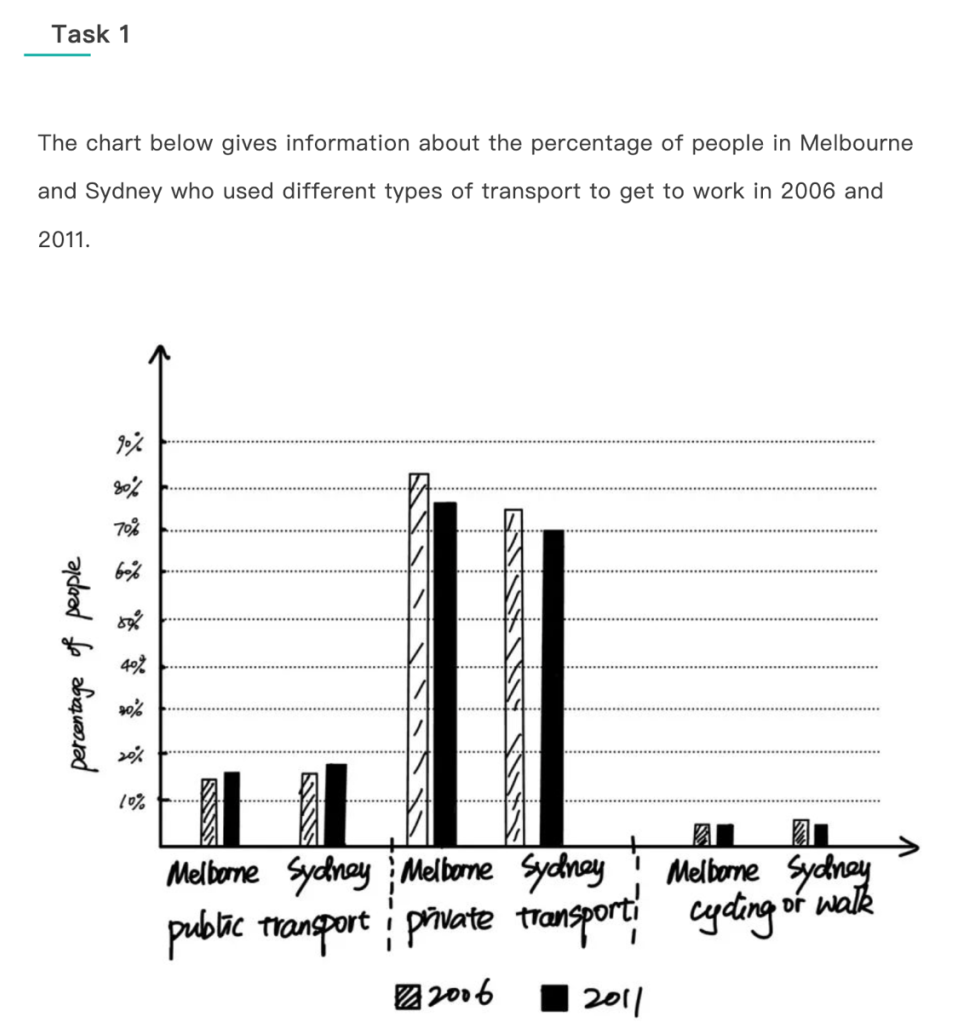
题目回顾
The chart below gives information about the percentage of people in Melbourne and Sydney who used different types of transport to get to work in 2006 and 2011.
图表展示了2006年和2011年,澳大利亚墨尔本(Melbourne)和悉尼(Sydney)人们通勤方式(公共交通、私家车、步行或骑行)的百分比变化。
写作思路
1. 开头段(Paraphrase题目)简要改写题目,点出时间、地点、内容。
2. 概述段(Overview)
· 私家车是最主要的出行方式,但使用率有所下降。
· 公共交通的使用在悉尼较为突出。
· 骑行或步行的比例非常低,且变化不大。
3. 细节段1
· 描述墨尔本和悉尼的私家车使用情况(下降趋势)。
· 具体数字对比2006和2011。
4. 细节段2
· 公共交通和步行/骑行数据的小幅变化。
小作文范文
The bar chart compares the percentages of people in Melbourne and Sydney who commuted to work using different modes of transport in 2006 and 2011.
Overall, private transport was the dominant method in both cities, although its usage declined slightly over the period. Public transport use was notably higher in Sydney than in Melbourne, while walking or cycling remained minimal in both locations.
In 2006, around 85% of workers in Melbourne relied on private vehicles, compared to approximately 80% in Sydney. By 2011, these figures dropped to roughly 80% and 70%, respectively. This indicates a clear decrease in private transport usage in both cities.
Regarding public transport, Sydney saw an increase from about 10% to nearly 15%, whereas Melbourne experienced a modest rise from around 5% to just over 5%. Walking and cycling were the least popular options, accounting for less than 5% in both cities during both years, with negligible changes over time.
大作文 Task 2
题目回顾
Many people believe that teachers should be responsible for teaching students to judge what is right and wrong and behave well. However, others feel that a teacher should only teach students about academic subjects.
Discuss both these views and give your own opinion.
审题分析
本题属于【教育类讨论型】(Discuss both views and give your own opinion)。
核心审题点:
· 讨论老师是否应该承担道德教育
· 明确自己的观点
注意:不仅要展开讨论,还要明确表态。
思路梳理
View 1:教师应该教学生分辨是非、培养行为习惯
· 理由1:学校是学生主要社交环境,老师影响深远。
· 理由2:家庭教育质量参差不齐,学校教育能弥补。
· 理由3:道德教育帮助学生成长为负责任的公民。
View 2:教师应该只专注教授学术内容
· 理由1:教师专业是知识传授,不是道德指导。
· 理由2:家庭才是道德教育的主要场所。
· 理由3:道德标准存在文化差异,教师难以统一执行。
自己的立场
我认为教师应该在教授学科知识的同时,适度融入道德引导。
理由:
· 教育本质上不仅是知识传授,也是人格培养。
· 教师行为本身就是学生模仿的榜样。
论据提示
· 学术支持:皮亚杰、科尔伯格关于道德发展的理论。
· 现实案例:比如芬兰基础教育注重品格培养。
大作文范文
The Role of Teachers: Beyond Academics
Whether teachers should take responsibility for educating students about right and wrong, or focus solely on academic instruction, has long been a subject of debate. This essay will discuss both perspectives before presenting my own view.
On the one hand, some argue that teachers should primarily concentrate on academic subjects. They point out that teachers are professionally trained to deliver subject knowledge rather than moral guidance, which often varies greatly across cultures and families. Moreover, the burden of moral education could overstrain teachers, who are already facing heavy academic demands. In this view, parents should remain the primary source of moral and behavioral education.
On the other hand, many believe that teachers have an essential role in shaping students’ ethical standards. Since young people spend a significant amount of time at school, teachers naturally exert a strong influence on their values and behavior. Furthermore, not all students receive consistent moral guidance at home, making school-based education an important supplement to family upbringing.
Personally, I believe that while academic education is undoubtedly crucial, teachers should also contribute to students’ moral development. Education should be holistic, preparing young individuals not just to succeed academically but also to become responsible and compassionate members of society. Therefore, while knowledge remains a core focus, schools should encourage teachers to model and promote positive behavior in everyday interactions.
In conclusion, while there are valid arguments for limiting teachers’ roles to academics, I strongly believe that moral education should be an integral part of a comprehensive educational experience.





